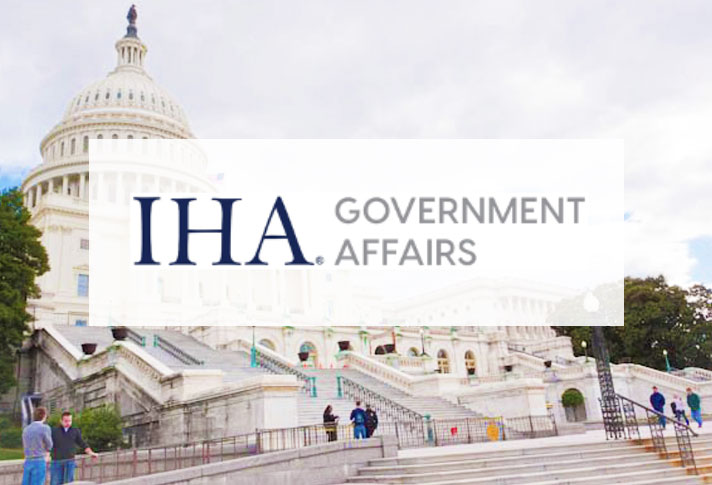In early September, the U.S. Trade Representative (USTR) announced it had received comments from a number of entities supporting a continuation of the Section 301 tariffs on products produced in China. This culminates the first phase of USTR’s statutorily mandated “review of necessity” for Sec. 301 tariffs before they expire after four years. However, by September’s end, USTR had yet to announce the second phase of the review process allowing a comment period for companies that have been hurt by the tariffs and support their expiration.
Americans for Free Trade (AFT), to which IHA belongs, expressed frustration over how USTR is conducting its 301 tariff review stating, “USTR’s announcement failed to provide transparency into the continuation requests it has received, offered no insights into Phase 2 of the review process, and offered no guidance for those who oppose the tariffs to weigh in.” AFT went on to explain, “these tariffs have cost Americans more than $150 billion to date. Now, as the state of the economy grows increasingly uncertain it is imperative that USTR immediately makes all continuance requests publicly available, and also provides a comprehensive and transparent notice, comment and public hearing process for those hurt by the tariffs to voice their opposition.”
IHA members can submit Tariff Impact Stories to this AFT link to highlight the negative impact of the China 301 tariffs. The stories can be short and can remain anonymous, and this information will be helpful for comments submitted by AFT on the four-year USTR review.
In the U.S. Court of International Trade (CIT), a challenge to the Sec. 301 tariffs by thousands of plaintiffs including IHA members is also moving to a new stage based on CIT’s April 2022 decision that USTR failed to fulfill its obligations under the Administrative Procedure Act. The CIT stopped short of striking down tariff Lists 3 and 4a, but ordered USTR to explain its rationale more fully for imposing the tariffs in response to comments received. On August 1, USTR submitted its brief to the CIT stating it was not persuaded by comments from those arguing the Trump Administration did not have the legal authority to expand the amount of Chinese goods hit with tariffs beyond the initial lists.
In response, companies challenging the 301 tariffs renewed their calls to vacate the tariffs and slammed USTR’s treatment of public comments on remand from the CIT as “unresponsive” to the CIT’s instructions. Not surprisingly, the Justice Department (on behalf of USTR) and plaintiffs differ on the next steps and the 301 tariffs case is likely to go on for months before it’s resolved.
Regarding tariff exclusions, AFT sent a letter to USTR Ambassador Katherine Tai in early October calling for an immediate extension of the limited 301 tariff exclusions that are set to expire at the end of 2022 and COVID-related exclusions in November. The letter also calls for USTR to reopen the exclusion process for all products and to create a fair and more transparent exclusion process.
Finally, December’s lame duck session of Congress could renew a key tariff exemption program, the Generalized System of Preferences (GSP), which expired in 2020. The GSP makes up only a fraction of total U.S. imports but is critical to a range of domestic industries that rely on specialized commodities from countries such as Indonesia, Thailand, Cambodia and Brazil. It’s estimated that without the tariffs, domestic industry faces tariffs as high as 17.5%, but differences on eligibility requirements between the House and Senate have stymied GSP’s renewal.



